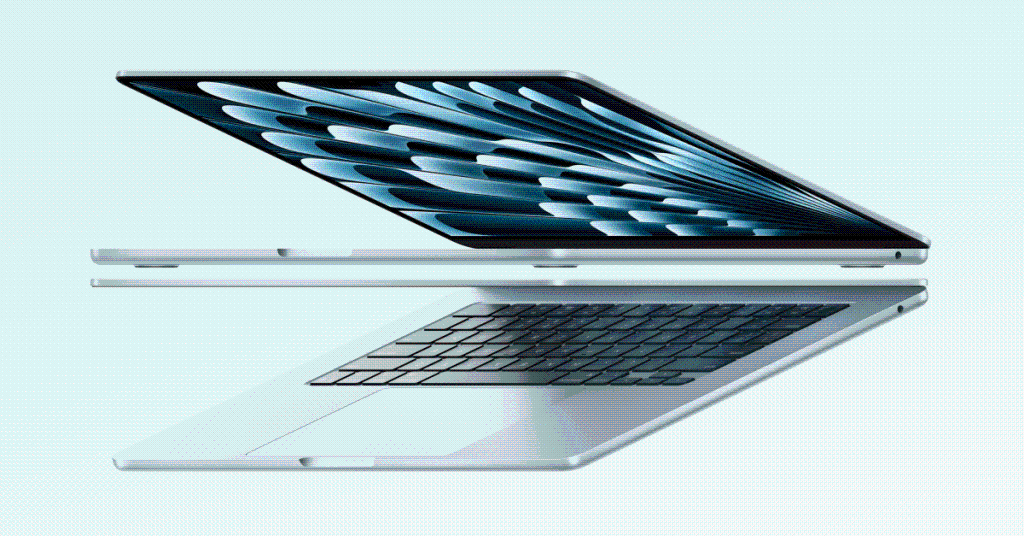Nvidia's Project Digits Transforms AI Development for All
Explore how Nvidia's Project Digits is democratizing AI development, empowering individuals with powerful tools to innovate and shape the future of technology.
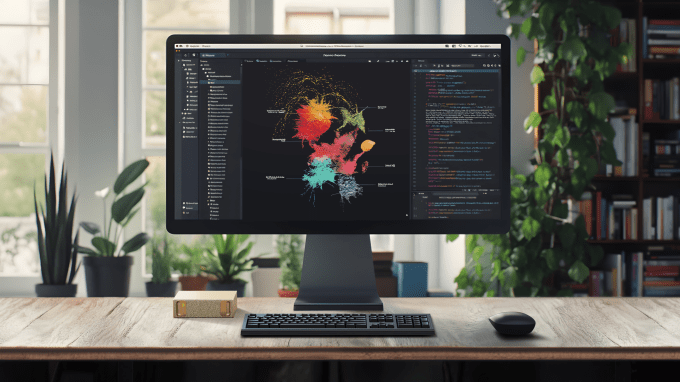
Key Points
- Nvidia
's Project Digits is a personal AI supercomputer that brings powerful computing capabilities directly to developers, researchers, and students.
- The GB10 Grace Blackwell Superchip enables users to run large AI models, streamlining development and reducing reliance on cloud services.
- This innovation marks a significant step towards democratizing AI technology, empowering individuals to drive creativity and advancements across various industries.
At the forefront of artificial intelligence innovation, Nvidia has unveiled a groundbreaking initiative at CES 2025 – Project Digits. This personal AI supercomputer aims to revolutionize the way researchers, data scientists, and students engage with AI technologies by providing desktop access to unparalleled computational power. This development represents a pivotal moment in democratizing AI capabilities, making sophisticated tools more accessible to a broader range of users.
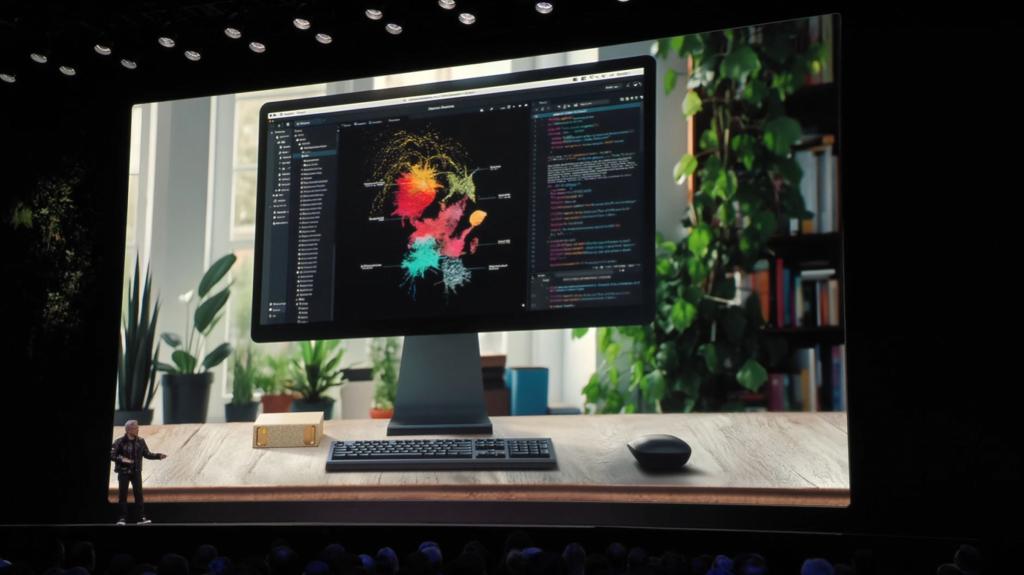
What Is Project Digits?
Project Digits centers around the innovative GB10 Grace Blackwell Superchip, housed in a compact unit comparable to the size of a Mac Mini. Designed specifically for AI developers, this system packs a serious punch, offering up to one petaflop of performance with the capacity to run large language models featuring up to 200 billion parameters. In simpler terms, this means that researchers can conduct complex AI operations right from their desks without relying on hefty cloud services.
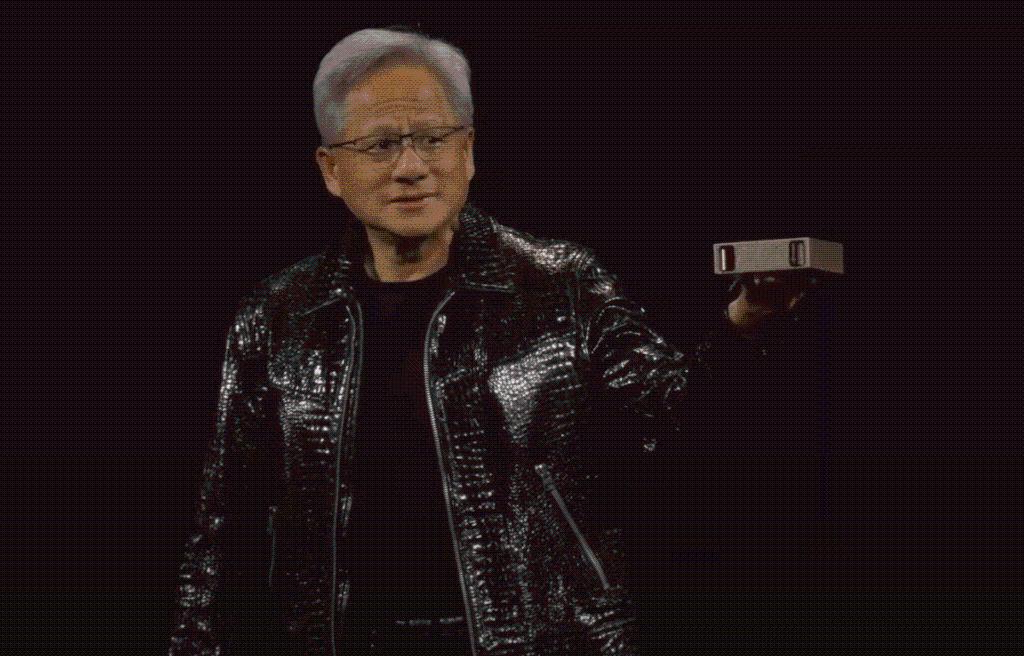
Key Features of Project Digits
One of the standout features of Project Digits is its high efficiency. Thanks to its collaboration with
, the GB10 chip is remarkably power-efficient, capable of functioning on a standard power outlet while delivering high computational performance. With 128GB of unified memory and up to 4TB of NVMe storage, users will have ample resources for their AI models. But the real magic occurs when two Digits systems are linked together, allowing users to run models with up to 405 billion parameters.
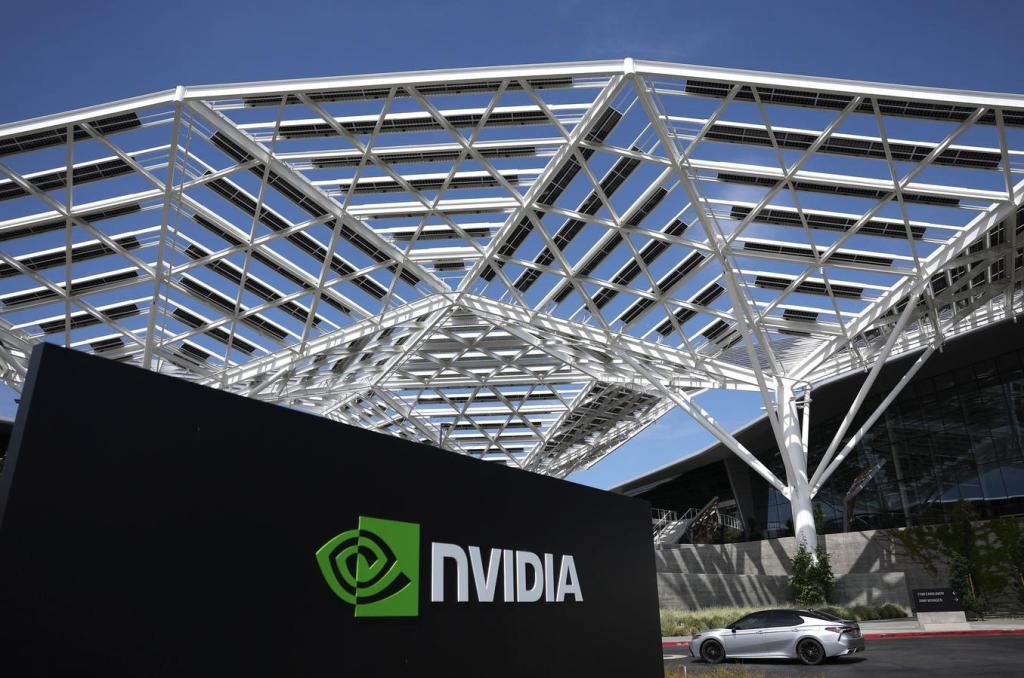
Empowering AI Innovation
The launch of Project Digits is set to transform the landscape of AI development.
, CEO of Nvidia, articulated a vision where every data scientist, AI researcher, and student can access the tools needed to shape the future of AI. No longer confined to corporate labs or cloud computing giants, the power of AI is now placed into the hands of individual innovators. For example, hobbyists can experiment with advanced AI applications in their homes, similar to how early personal computers revolutionized technology in the 1980s. The potential for new ideas and innovations can flourish when people have the means to experiment and create.

The Impact on Industries
This shift toward more accessible AI infrastructure is more than just a technological advancement; it signifies a cultural shift in how we view AI development. Industries that once relied heavily on large cloud providers may find themselves empowered by smaller, agile teams working from local environments. As AI becomes more ubiquitous, sectors such as healthcare, finance, and entertainment could see significant transformations fueled by individual creativity and resourcefulness.
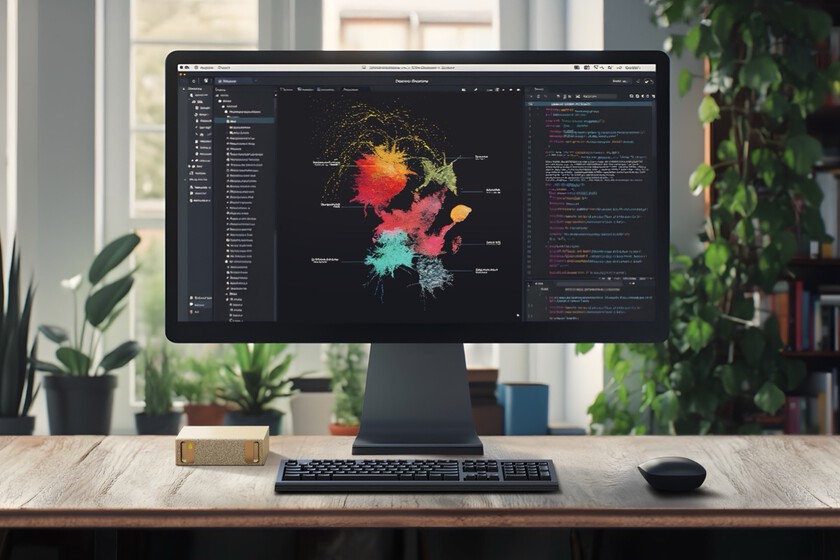
A Look Towards the Future
As Project Digits prepares for its market launch, with a starting price of $3,000, it raises questions about the democratization of AI technology and what it means for the future. The goal of making powerful AI tools accessible to the masses does not come without challenges, particularly regarding affordability and technological literacy. However, if the trajectory of personal computing is any indicator, the early stages, much like Project Digits, will pave the way for broader adoption and innovation.
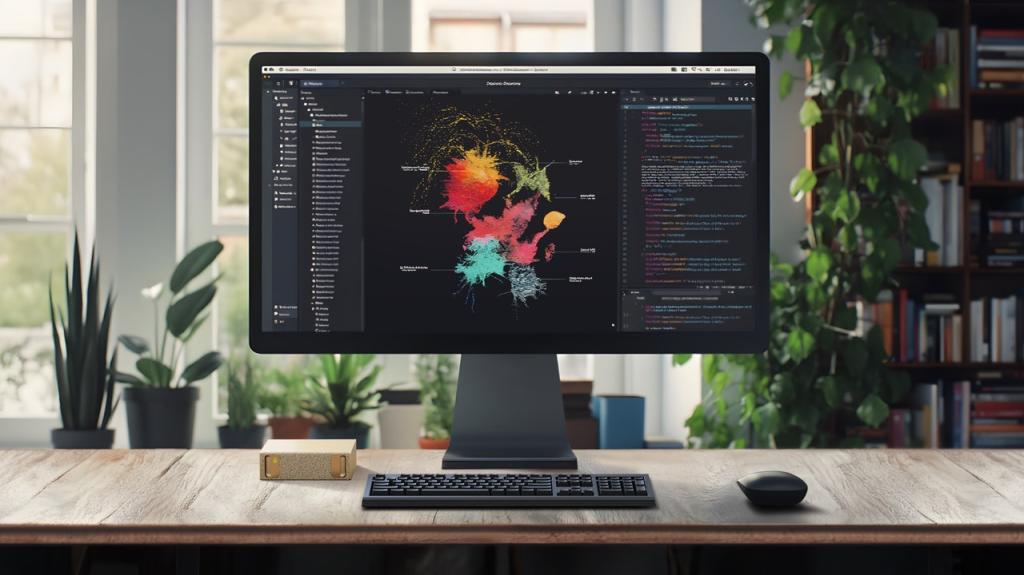
In a nutshell, Nvidia’s Project Digits signifies a revolutionary step forward in the integration of artificial intelligence into everyday workflows. By empowering individuals with the tools to create, develop, and innovate, we are likely to witness an unprecedented surge of creativity and transformative applications across various sectors. This is just the beginning of an AI revolution that promises to reshape our future.

